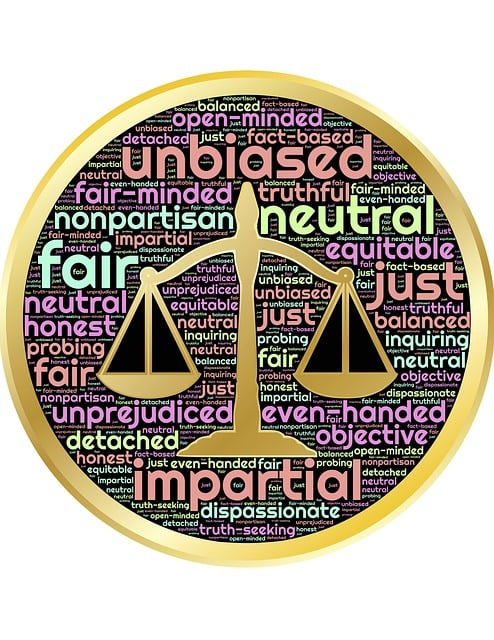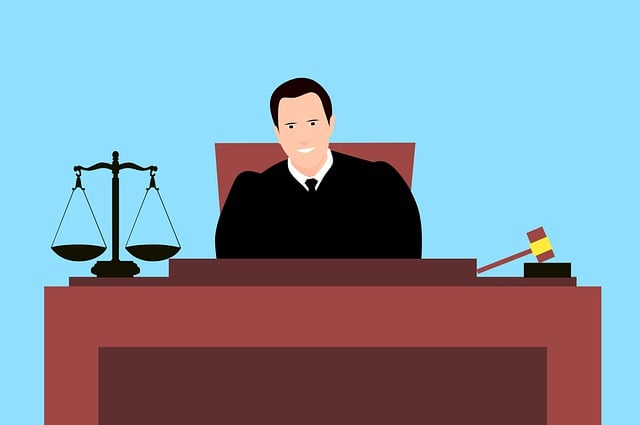Public corruption, marked by illicit practices in government, threatens democratic ideals and causes significant societal harm. While Mediation Services for Partner Conflicts isn't a direct cure, it offers an alternative dispute resolution method for high-stakes cases. This collaborative approach encourages open dialogue between parties, potentially avoiding harsh legal consequences. Proven effective in white-collar crimes, mediation empowers individuals to control their outcomes and promotes truth-telling. It's key to resolving complex partner conflicts in public corruption cases, fostering cooperation, and achieving restorative justice.
“Unraveling public corruption charges: a complex web of legal, social, and political implications. This article explores the intricate nature of these charges from a legal perspective, delving into understanding, impact, and potential resolutions. We dissect the rising trend of mediation as an alternative to criminal proceedings, focusing on its benefits for partner conflicts in public corruption cases.
Key sections include strategies for navigating mediation, rights, expectations, and effective resolution tactics. Discover how mediation services can offer a fresh approach to addressing these intricate matters.”
- Understanding Public Corruption Charges: A Legal Perspective
- The Impact of Corruption on Society and Governance
- Mediation as an Alternative to Criminal Proceedings
- Preparing for Mediation: Rights and Expectations
- Effective Strategies for Resolving Partner Conflicts in Public Corruption Cases
Understanding Public Corruption Charges: A Legal Perspective
Public Corruption Charges refer to illicit practices within public office, a serious offense that undermines democratic principles. From a legal perspective, understanding these charges involves delving into complex laws and regulations designed to safeguard the integrity of government. These cases often involve allegations of bribery, embezzlement, or abuse of power, where individuals in positions of trust misuse their authority for personal gain. The consequences are severe, as they erode public faith in institutions and can lead to significant legal repercussions, including jail time and hefty fines.
Mediation services for partner conflicts, though not a direct solution for public corruption, offer an alternative to the traditional judicial process. In some cases, particularly where individuals from the philanthropic and political communities are involved, mediation might be employed to resolve disputes or encourage cooperation with general criminal defense strategies. Unlike jury trials, which can be lengthy and emotionally charged, mediation provides a more discreet and mutually agreeable approach to resolving legal issues stemming from public corruption allegations.
The Impact of Corruption on Society and Governance
Corruption erodes public trust in institutions and undermines democratic principles, leading to societal disintegration. It hinders economic development by diverting resources, stifling investment, and undermining fair competition. The impact reverberates through various sectors, from healthcare and education to infrastructure and governance. When corruption prevails, it fosters an environment of inequality, where the wealthy and powerful exploit loopholes while the common citizen suffers under unequal access to services and opportunities.
The consequences extend beyond economic losses; they disrupt social cohesion and political stability. Philanthropic and political communities are negatively affected as resources that could have been used for community development and welfare are instead channeled into bribing or influencing officials. This creates a vicious cycle where public services become subpar, leading to further discontent and, in some cases, prompting citizens to resort to extralegal means, such as mediation services for partner conflicts or even violent protests, to address their grievances in high-stakes cases.
Mediation as an Alternative to Criminal Proceedings
In many high-stakes cases involving public corruption charges, mediation emerges as a compelling alternative to traditional criminal proceedings. This process allows for a more collaborative approach to resolving conflicts, where all parties involved can actively participate in negotiations. By using mediation services for partner conflicts, individuals and organizations accused of corruption can navigate the intricate aspects of investigative and enforcement processes at every stage.
Unlike adversarial systems that often lead to prolonged legal battles, mediation facilitates open dialogue and encourages creative solutions. This is particularly beneficial for high-profile cases where a complete dismissal of all charges could have significant implications. Through this process, stakeholders can work together to address the underlying issues, achieve mutual agreements, and potentially avoid the severe consequences associated with criminal convictions.
Preparing for Mediation: Rights and Expectations
When facing public corruption charges, preparing for mediation is a crucial step in navigating this complex legal landscape. It’s important to understand your rights and expectations during this process. Mediation services for partner conflicts offer a unique opportunity to resolve issues outside of traditional courtroom settings, which can be particularly beneficial in cases of white-collar and economic crimes. This alternative dispute resolution method has gained significant traction across the country due to its unprecedented track record in fostering mutually agreeable solutions.
During mediation, both parties have the chance to voice their concerns and work collaboratively towards a resolution. It’s an environment where open communication is encouraged, allowing for a deeper understanding of the underlying issues. Expectations vary depending on the specific case, but generally, mediators help facilitate conversations, clarify legal complexities, and explore potential compromises. Understanding your rights, such as the ability to seek independent legal counsel at any point, is essential. This process empowers individuals to take control of their situation, potentially leading to more favorable outcomes in comparison to adversarial proceedings.
Effective Strategies for Resolving Partner Conflicts in Public Corruption Cases
Effective strategies for resolving partner conflicts in public corruption cases often involve a blend of legal expertise and alternative dispute resolution methods. Mediation services for partner conflicts have emerged as a powerful tool, facilitating open communication between stakeholders across all stages of the investigative and enforcement process. This collaborative approach is particularly beneficial in navigating complex white-collar and economic crimes, where relationships among partners can significantly impact the outcome.
By engaging mediation services early on, the philanthropic and political communities can foster an environment conducive to truth-telling and restorative justice. Mediators skilled in public corruption cases help parties identify underlying interests, explore creative solutions, and build consensus. This process not only strengthens partnerships but also enhances cooperation, ensuring a more efficient and effective response to public corruption charges.
In addressing public corruption charges, it’s clear that mediation offers a promising alternative to traditional criminal proceedings. By facilitating open communication and collaborative problem-solving, mediation services for partner conflicts in these cases can lead to more effective resolutions. Balancing the need for accountability with restorative justice, this approach has the potential to enhance societal trust in governance while ensuring fair outcomes for all involved.






